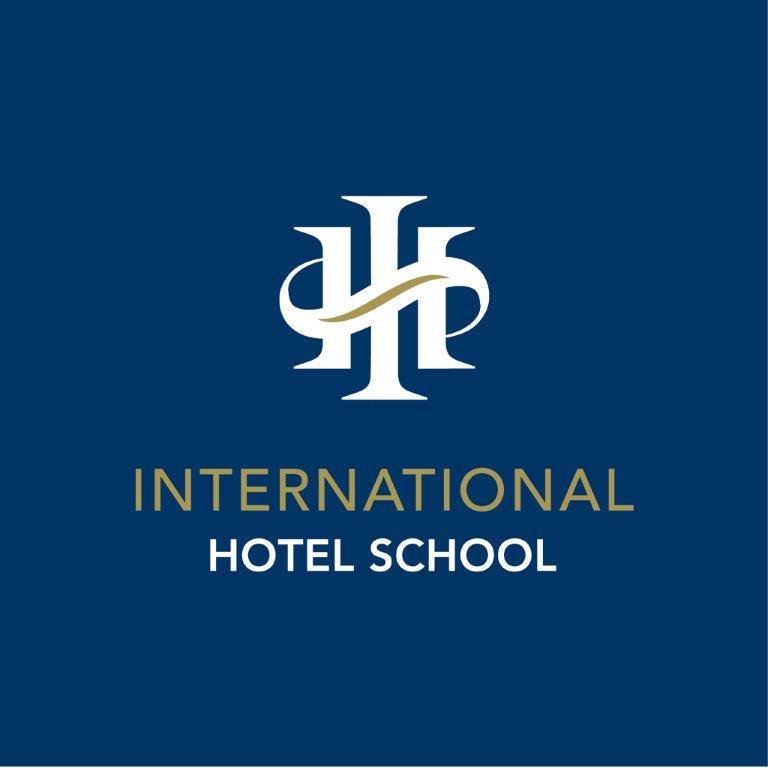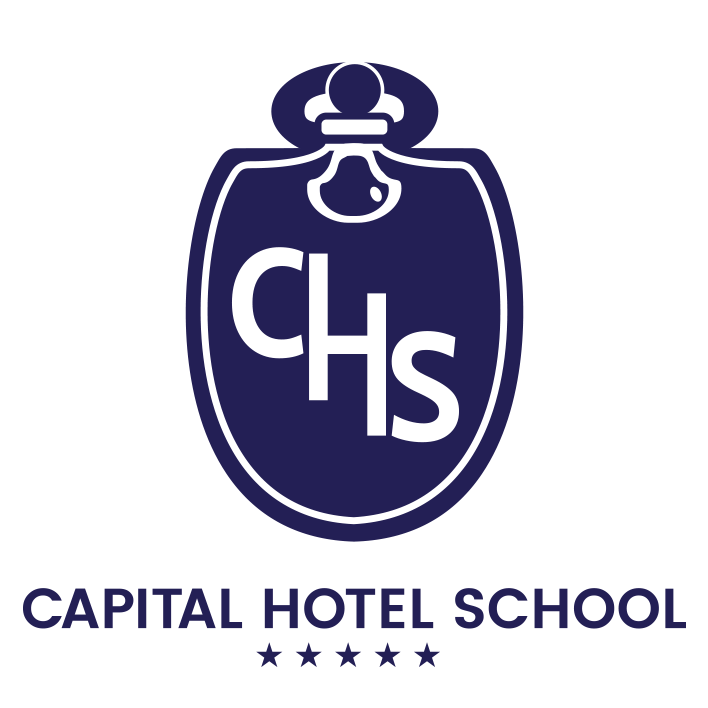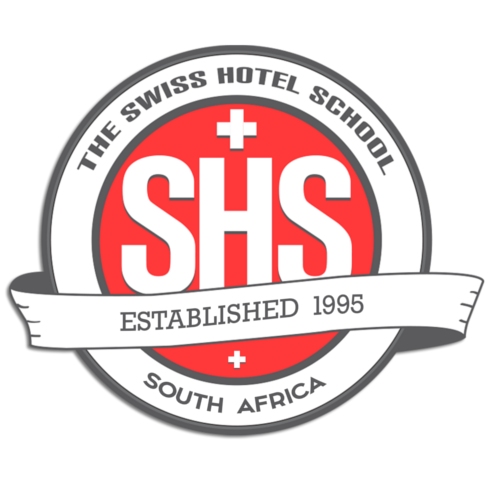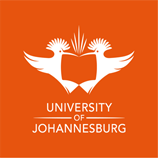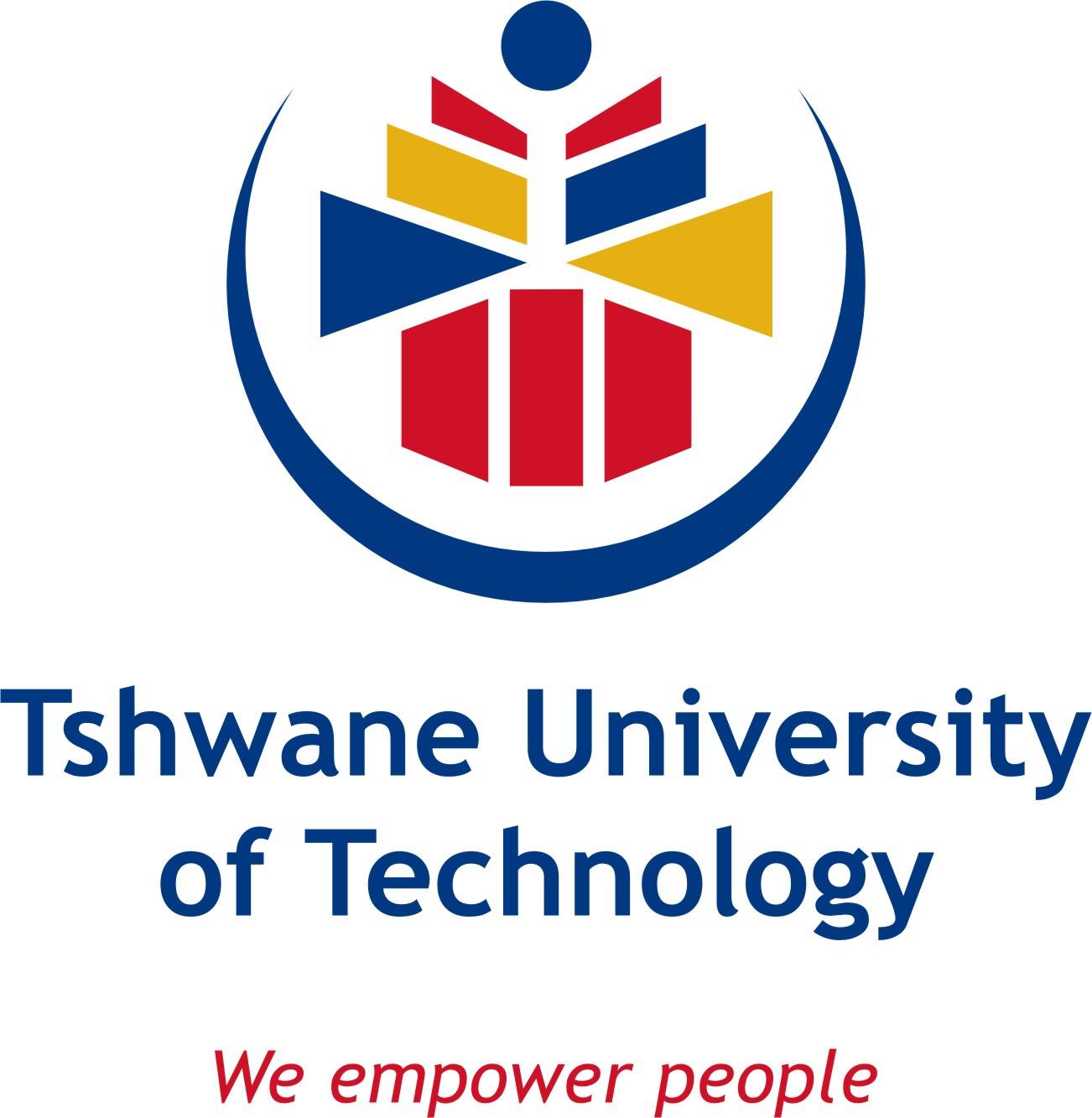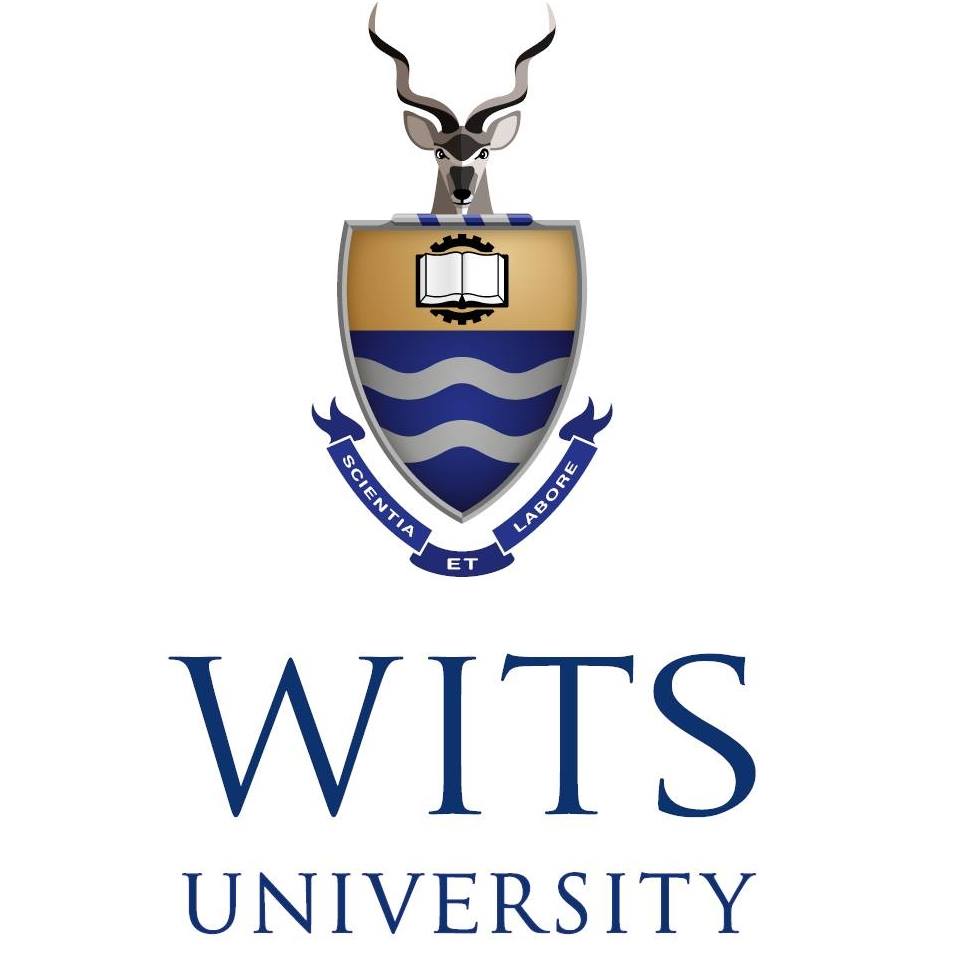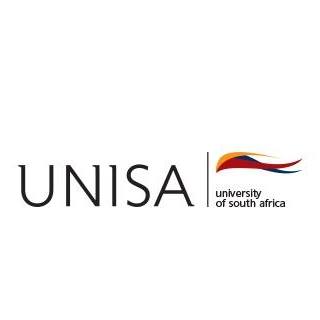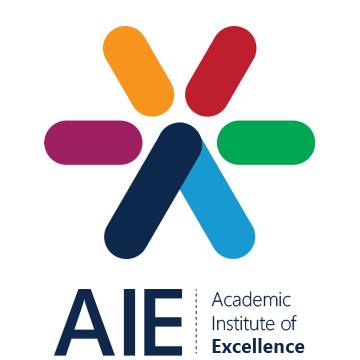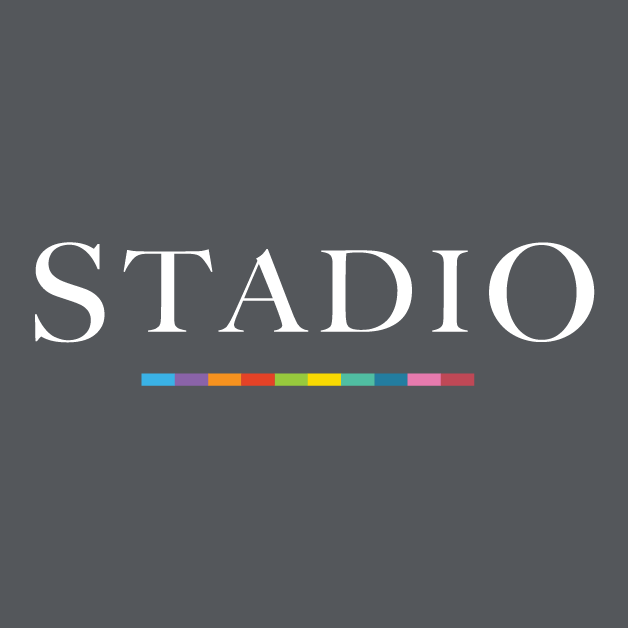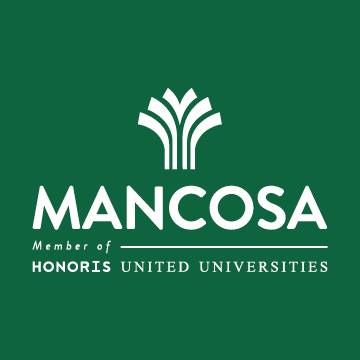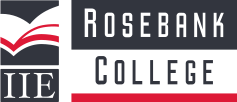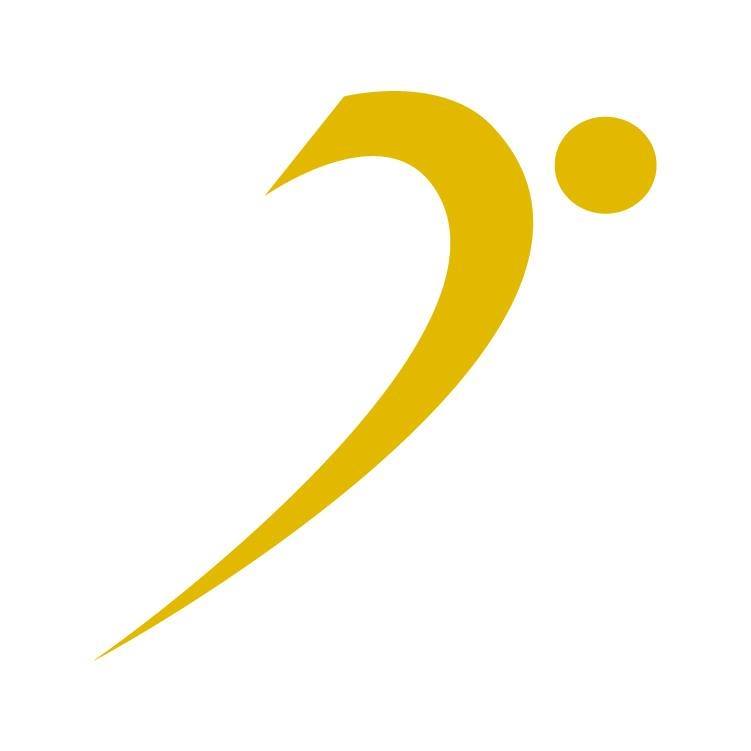Top 10 Academic Classes in South Africa
Discover Courses Tailored For You
Find the best courses to enhance your skills in various domains. Our diverse selection of courses will help you achieve your professional and personal goals.
Academic students also learn
Study with Top Creative Specialists
Learn directly from top creative experts on CourseTakers. Enhance your skills with their practical insights and experience.
All Top 10 Academic Classes in South Africa
Planning to continue your Academic studies in South Africa?
If you want to study in Africa, South Africa should definitely be one of your considerations. With a meticulously designed education system that caters to over one million students, Academic courses in South Africa can add value that no country in the African continent can. And here’s why!
South Africa is home to one of the world’s most efficient Higher Education System which raises stakes of Academic courses in South Africa. The country has 26 public universities distributed within all 9 provinces of South Africa which offer a variety of academic courses in the field of business, arts, social sciences, engineering, and natural and basic sciences.
Here’s is a table of Academic degrees in South Africa along with the duration of the degree and cost of tuition fees for Engineering, Marketing and Management programs.
|
Course |
Duration |
Fees |
|
Engineering studies |
3-4 years for B. Eng 1-2 years for M. Eng |
R45000 - 65000 |
|
Marketing studies |
1-2 Years |
R30000 - 68000 |
|
Management studies |
3-4 Years for Bachelor degree and 1-2 Year for Masters degree |
R40000 |
What are the Top Colleges and Universities in South Africa?
Some of the most famous Universities for higher education in South Africa are:
1. University of Cape Town, Cape Town
2. University of the Witwatersrand, Witwatersrand
3. University of Pretoria, Pretoria
4. Stellenbosch University, Stellenbosch
5. University of Johannesburg, Johannesburg
6. North-West University (Potchefstroom, Mahikeng and Vanderbijlpark)
7. University of Western Cape, Cape Town
8. Rhodes University, Grahamstown
9. University of the Free States, Bloemfontein
10. Nelson Mandela University, Port Elizabeth
11. University of Limpopo, Limpopo
12. Cape Peninsula University of Technology, Cape Town
13. Durban University of Technology, Durban
What is the cost of studying in South Africa?
Depending on the type of course, the cost varies. For example, a Bachelor’s degree in Engineering would cost approximately R50000 whereas a BCom degree in marketing costs somewhere between R30000 - 70000. On average, the average cost of pursuing academic courses in South Africa would lie between R30000 - R70000.
What is the duration of Degree programs in South Africa?
The average duration of taking up Academic courses in South Africa is about 3-4 years for a Bachelor degree and 1-2 years for Masters.
Why study in South Africa?
Comprising bachelor’s, master’s and doctoral degrees, the vastness of the South African higher education system is the best in Africa. Not only academic courses in South Africa offer great employment opportunities but also paves the way for personal enrichment.
The cost of education in South Africa is relatively low in comparison to the other countries and various scholarships, loans, and financial schemes are available to offset the cost.
What jobs can I get after completing college in South Africa?
After completing you higher education in South Africa, you can take up following jobs respective of the course chosen:
Finance and commerce-related jobs:
- Chartered Accountant
- Company Secretary
- Finance manager
- Accountant
- General manager
- Professor in the respective field
- HR Manager
- Certified Financial Analysts
- Certified Financial Planner
- Economist
- Venture Capitalist
Science stream related jobs:
- Engineer
- Doctor
- Biochemist/ biophysicist
- Scientist
Humanities stream related jobs:
- Teacher
- Advertising
- Technical Writer
- Counselor
- Event manager/organizer
- Public relations manager
- Journalist
- linguist




